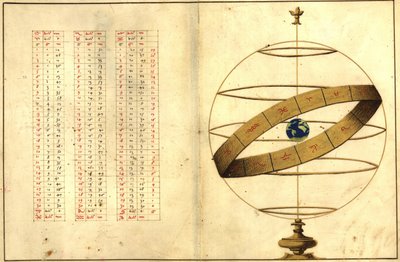 Armillary Sphere and Table of Declinations
Armillary Sphere and Table of Declinations(The angular distance to a point on a celestial object,
measured north or south from the celestial equator)
 Oval map of the world with wind heads
Oval map of the world with wind heads(showing the sea route chosen by Magellan
for his [near] circumnavigation of the world)
A portolan or nautical atlas (or chart, manuscript or map) refers to an early modern European rendering, usually on vellum, in which complete coasts, ports and waterways were depicted together with characteristic direction lines from the thirty-two points of the compass. Essentially they were hand-drawn, practical navigation aids prior to the days of accurate surveying and map engraving techniques.
The most famous of these is the Portolan Atlas of Battista Agnese of which about 70 copies are known to still exist. Agnese was active as a cartographer from 1535-1564, during the heyday of Italian mapmaking, in the leading shipping and trade centres of Genoa and Venice.
Although Agnese was more of a copier than an original cartographer, the Portolan Atlas is highly regarded for its precision, detail and artistic value. It was state of the art for its time with the latest explorations and discoveries and the ocean maps could be overlapped for comparison and to produce an accurate map of the world.
In addition to the cosmological and artistic embellishments and text, the series included 13 maps of the known world. As a luxurious production, the atlas was unlikely to have been used in practical navigation and was probably commissioned by a wealthy citizen originally. The version from 1546 is said to be the highest quality and is held today by the Russian National Library in St Petersburg. (I noticed in passing that a facsimile copy retails at >$2500)
The above images (click for larger versions) come from a number of different manuscripts.
- The Huntington Library at the University of California have 4 versions: I (I think this is the best), II, III, IV - available in multiple sizes.
- The Library of Congress has another version, also with huge images available.
- NYPL has a different atlas again but the large images are smaller than screen size.
- Finns Books have probably the best summary/biography.
- Library of Congress summary.
- Description from University of Pennsylvania Library.
[There has been a slight truncation problem with the RSS feed on a few occasions in the last couple of months, including yesterday - that's a Blogger glitch for unknown (to me) reasons. So I haven't been tweaking anything. 99% of the time it all runs smoothly.]
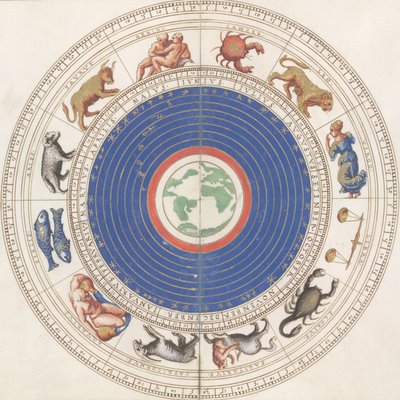
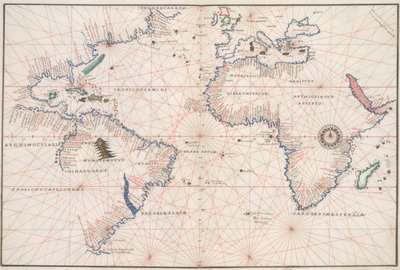

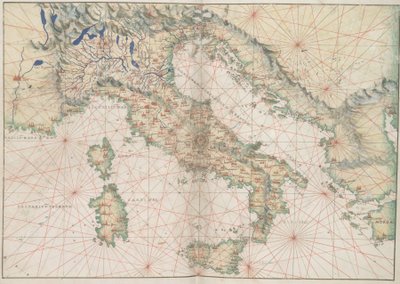

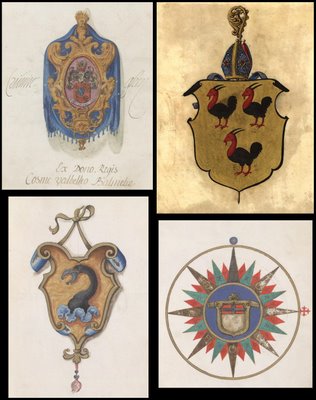
No comments:
Post a Comment